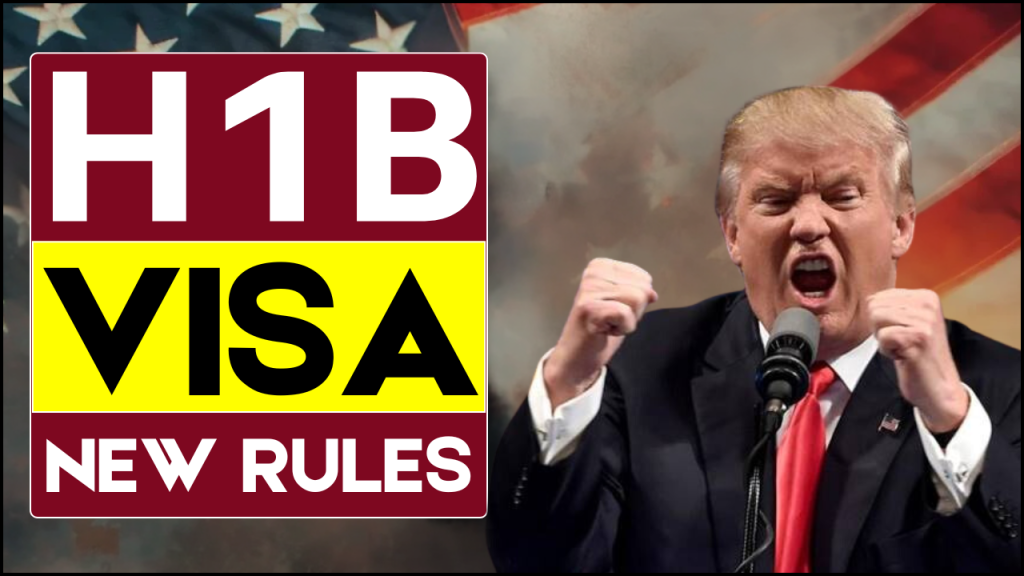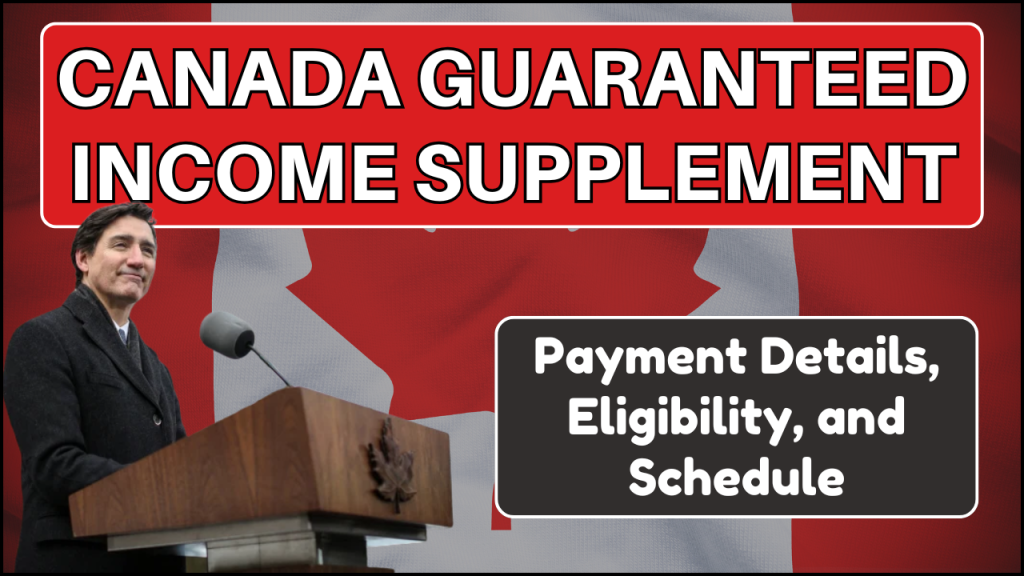
The United States has recently unveiled new reforms to the H-1B visa program for 2025, introducing a significant change to the visa renewal process. This update eliminates the requirement for applicants to return to their home countries for visa stamping, offering major benefits to H-1B visa holders, particularly skilled workers from India. Let’s break down the reforms, their objectives, and their broader implications.
Highlights of the H-1B Visa Renewal Reforms
| Aspect | Previous Process | New Process |
|---|---|---|
| Renewal Process | Required applicants to travel to their home country for stamping. | Enables domestic renewals within the U.S. |
| Financial Burden | Significant costs for airfare and travel expenses. | Eliminates the need for travel, reducing expenses. |
| Appointment Wait Times | Long waiting periods for visa appointments. | Streamlined process with quicker renewals. |
| Implementation Year | Prior to 2025, existing rules applied. | Renewal changes fully effective in 2025. |
$1400 Stimulus Checks 2025, Payment Dates and Eligibility Criteria
Wells Fargo Class Action Settlement 2025: Everything You Need to Know
Cash App Class Action Settlement 2025: All You Need to Know
What Led to These Reforms?
The reform stems from the success of a pilot program initiated by the U.S. Department of State in 2024. This initiative involved approximately 20,000 participants, primarily Indian professionals, who renewed their H-1B visas without leaving the United States. The pilot program addressed key issues such as:
- Convenience: Applicants were able to avoid time-consuming international travel.
- Financial Relief: Eliminating travel expenses eased the financial strain on visa holders.
- Efficiency: Reduced wait times for appointments and improved processing times.
Advantages of the New Rules
The reforms mark a win-win situation for H-1B visa holders and the U.S. economy. Key benefits include:
- Greater Job Stability: Visa holders can focus on their careers without disruptions caused by travel requirements.
- Financial Savings: The removal of travel expenses and reduced dependency on overseas consulates significantly benefit applicants.
- Faster Processing Times: The streamlined system expedites renewals, helping visa holders continue contributing to U.S. industries without interruptions.
- Strengthened U.S.-India Ties: A large portion of H-1B visa holders are Indian nationals. These reforms enhance bilateral ties by fostering smoother workforce mobility.
Statistics Highlighting Indian Participation
| Category | 2022 | 2023 | 2024 |
|---|---|---|---|
| Indian Share of H-1B Visas | 77% | 72% | Estimated 74% |
| Indian Student Visas Issued | 315,000 | 326,000 | 331,000 |
| Indian Visitors to the U.S. | 1.6 million | 1.9 million | Over 2 million (26% rise) |
Broader Impacts of the H-1B Program
The H-1B visa program plays a pivotal role in attracting global talent to the United States, particularly in technology, healthcare, and research. Highly skilled Indian professionals constitute a majority of H-1B visa holders, making the program a cornerstone of U.S.-India collaboration.
Key Contributions:
- Economic Growth: Skilled workers drive technological innovation and business development in the U.S.
- Global Competitiveness: Access to top talent ensures America retains its competitive edge.
- Cultural Exchange: Indian professionals bring diverse perspectives and foster cultural enrichment.
Challenges and Controversies
The H-1B program has faced criticism, primarily from certain factions within the U.S. who believe:
- It displaces American workers in high-demand fields.
- It pressures local wages due to competition from foreign professionals.
- It creates risks to national identity and cultural norms.
On the other hand, supporters argue that the program is essential for meeting skill shortages, fostering innovation, and driving economic growth. Figures such as Elon Musk and Vivek Ramaswamy highlight its importance in maintaining U.S. leadership in cutting-edge industries.
Frequently Asked Questions (FAQs)
Q1: Who is eligible for domestic H-1B visa renewal under the new rules?
Ans: Eligible participants include individuals currently holding H-1B visas who meet the criteria set by the U.S. Department of State. The exact eligibility guidelines will be released closer to the program’s launch.
Q2: When will the new rules come into effect?
Ans: The reforms are set to begin on January 17, 2025.
Q3: What costs will the new process eliminate?
Ans: The new process will save applicants airfare, international travel costs, and fees associated with consular appointments in their home countries.
Conclusion
The new H-1B visa renewal rules for 2025 simplify the process, offering tangible benefits to thousands of professionals. For Indian nationals, in particular, this development ensures greater career stability and reduces logistical and financial burdens. It’s a vital step towards empowering skilled immigrants while bolstering the U.S. economy.
As the U.S. continues to refine its immigration policies, these changes highlight the importance of creating systems that are fair, efficient, and aligned with the nation’s economic and cultural goals. For many Indian professionals, the H-1B visa remains a gateway to global career opportunities, making these reforms a significant milestone in U.S.-India relations.


